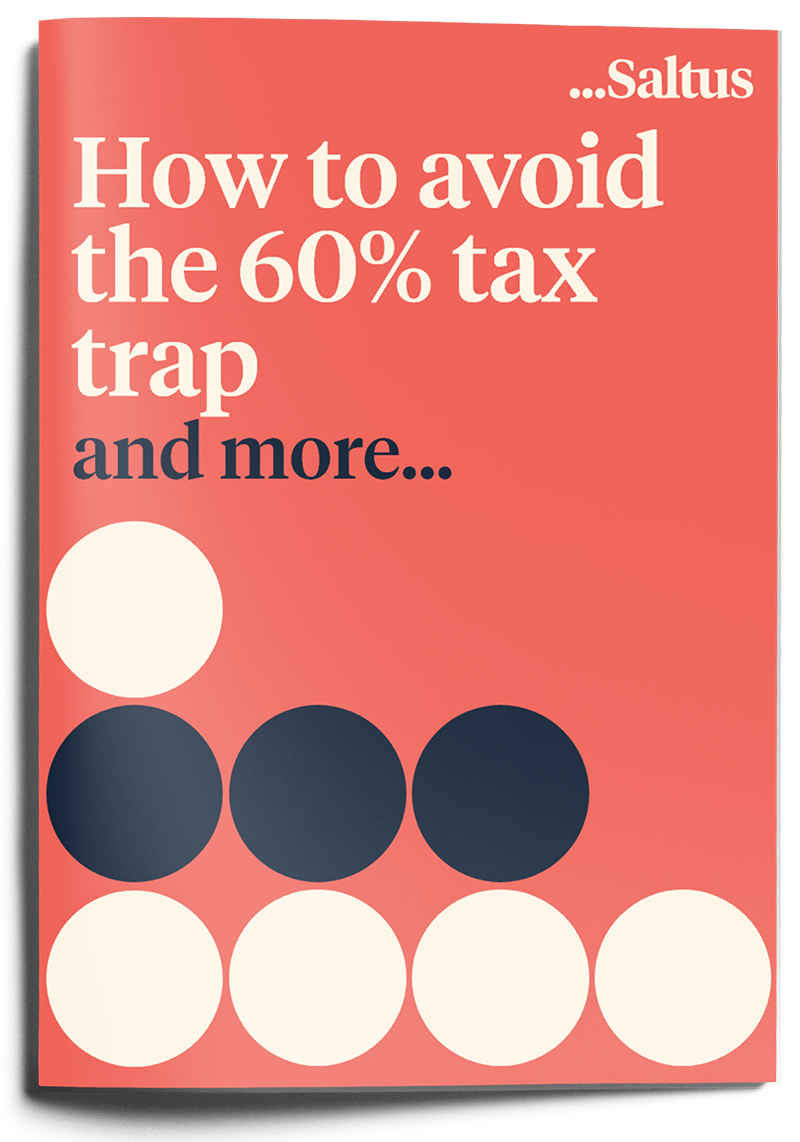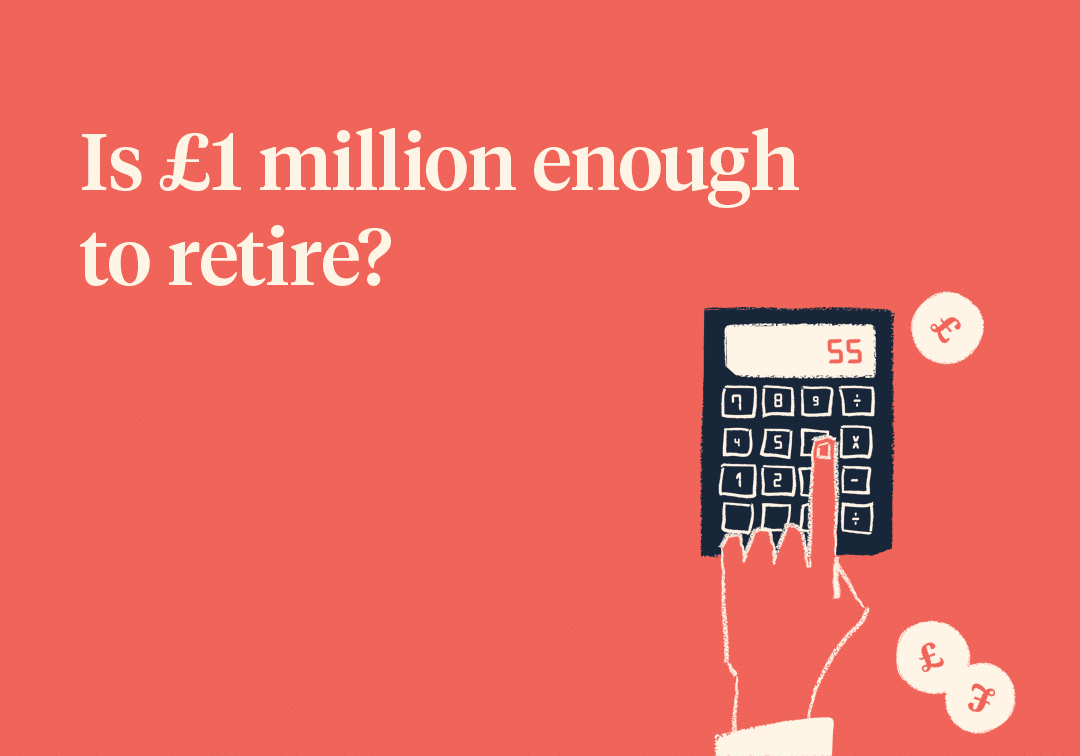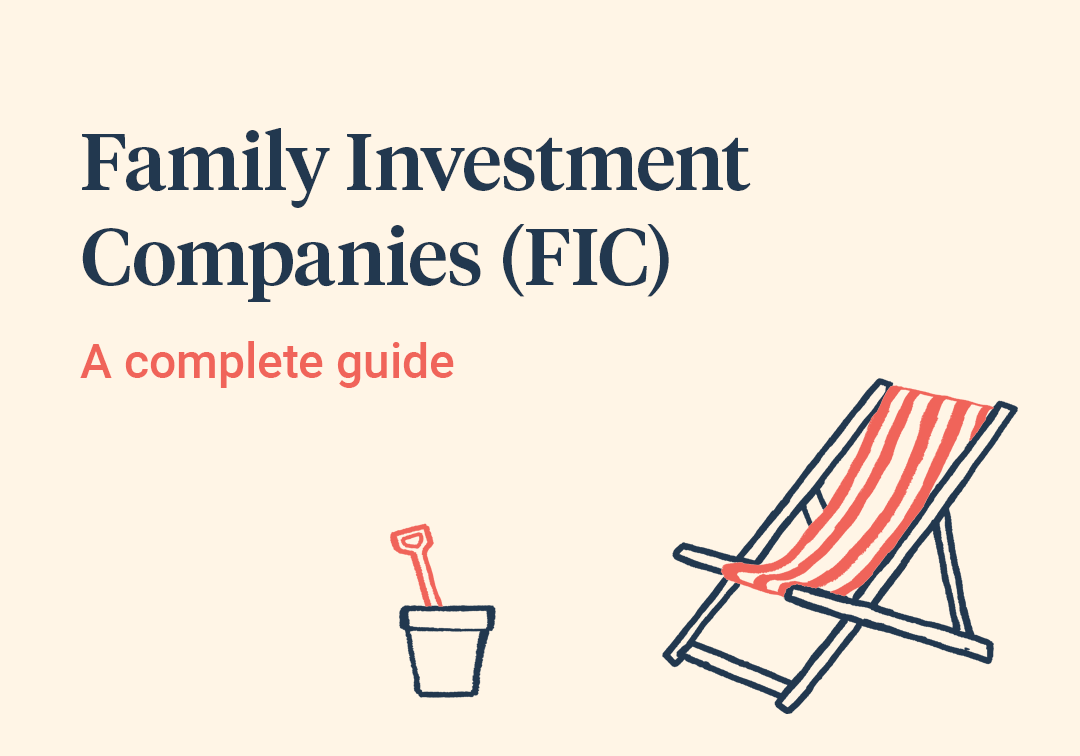All higher earners should be aware of the annual allowance, as it’s one of the main causes of unexpected tax bills at the end of the tax year. The annual allowance is the maximum gross amount of total pension savings you can make each year without incurring a tax charge.
What is the annual allowance?
For most people, the annual allowance is currently £60,000. If you earn less than £60,000, the maximum amount of personal pension contributions you can make will be equal to your total relevant UK earnings.[1]
If you go over this limit, it can result in a tax charge at the end of the tax year. It isn’t technically a ‘penalty’ but it can catch people by surprise, which makes it challenging to manage. If you or your employer overpay into your net pay pension, the pension provider will still automatically provide basic rate tax relief at source. If your employer makes contributions via salary sacrifice, you will receive immediate income tax relief as well as relief on National Insurance directly into the pension.[2] If overpayments are made, HMRC will look to claw back some of this tax relief at the end of the tax year.[3]However, your funds will remain in your pension and will consequently be complicated to access should you need the money to settle the tax bill.
The tapered annual allowance
If you’re a high earner, you can also be impacted by something called the tapered annual allowance. This is when the annual allowance reduces if you earn over £260,000 a year. This isn’t just applied to earned income as it includes income from all sources including employer pension contributions. If the income from your employer lies between £200,000 and £260,000, do still be cautious as additional sources of income may take you over the threshold.
How to avoid the 60% tax trap and more…

Did you know that people earning over £100,000 can pay an effective tax rate of 60%?
‘Tapering’ is applied to reduce the annual allowance by £1 for every £2 of income above £260,000, down to a minimum allowance of £10,000. For example, if your earnings and employer pension contributions total £300,000, you will be £40,000 over the threshold, and your allowance will reduce by £20,000. The most you can put in your pension in that tax year will therefore be £40,000 instead of £60,000.
If you earn as much as £360,000, you’ll be subject to full tapering right down to £10,000 and may need to consider alternative methods for building your retirement funds. It might even be worth discussing receiving additional income, in lieu of pension contributions, with your employer.
Do you want to improve your tax position?
The more tax you pay, the harder your investments must work to grow your wealth. Our advisers can provide practical advice to help reduce your tax bill. Get in touch to discuss how we can help you.

The annual allowance and carry forward
The tapered annual allowance can also impact something known as carry forward. If you have maxed out your pension contributions for the current tax year, you can look back up to three previous tax years and use any unused allowance to make additional contributions.[4] Although there are some technicalities you need to be mindful of:
You can’t make personal pension contributions of more than your relevant UK earnings into your pension. This applies even if your unused allowance in previous years is greater than your current year’s earnings. If you had £100,000 of carry forward available to you, but only had £80,000 of UK relevant earnings, you would be unable to put the whole £100,000 into your pension and could lose out on £20,000 of the available carry forward.
Previous tapering also applies and tapering started at just £150,000 in previous tax years. It was only increased to £240,000 in the 2021/22 tax year and more recently to £260,000.[5]
Is the annual allowance affecting you?
As you’re probably gathering, it can become a complex topic for high earners so, ultimately, if you’re affected by the annual allowance, you should be working with a financial planner to make sure you don’t receive any unwanted tax bills or cause yourself a significant financial headache.
Do you want to improve your tax position?
The more tax you pay, the harder your investments must work to grow your wealth. Our advisers can provide practical advice to help reduce your tax bill. Get in touch to discuss how we can help you.

Article sources
Editorial policy
All authors have considerable industry expertise and specific knowledge on any given topic. All pieces are reviewed by an additional qualified financial specialist to ensure objectivity and accuracy to the best of our ability. All reviewer’s qualifications are from leading industry bodies. Where possible we use primary sources to support our work. These can include white papers, government sources and data, original reports and interviews or articles from other industry experts. We also reference research from other reputable financial planning and investment management firms where appropriate.
Saltus Financial Planning Ltd is authorised and regulated by the Financial Conduct Authority. Information is correct to the best of our understanding as at the date of publication. Nothing within this content is intended as, or can be relied upon, as financial advice. Capital is at risk. You may get back less than you invested. Tax rules may change and the value of tax reliefs depends on your individual circumstances.
About Saltus?
Find out more about our award-winning wealth management services…
Winner
Best Wealth Manager
Winner
Investment Performance: Cautious Portfolios
Winner
Top 100 Fund Selectors 2024
Winner
Best Places to Work 2024
£8bn+
assets under advice
20
years working with clients
350+
employees
97%
client retention rate


